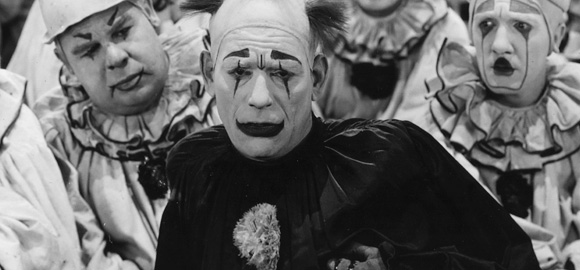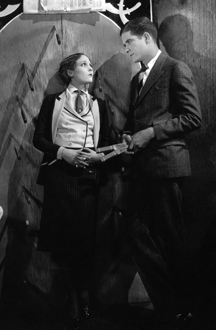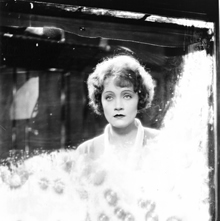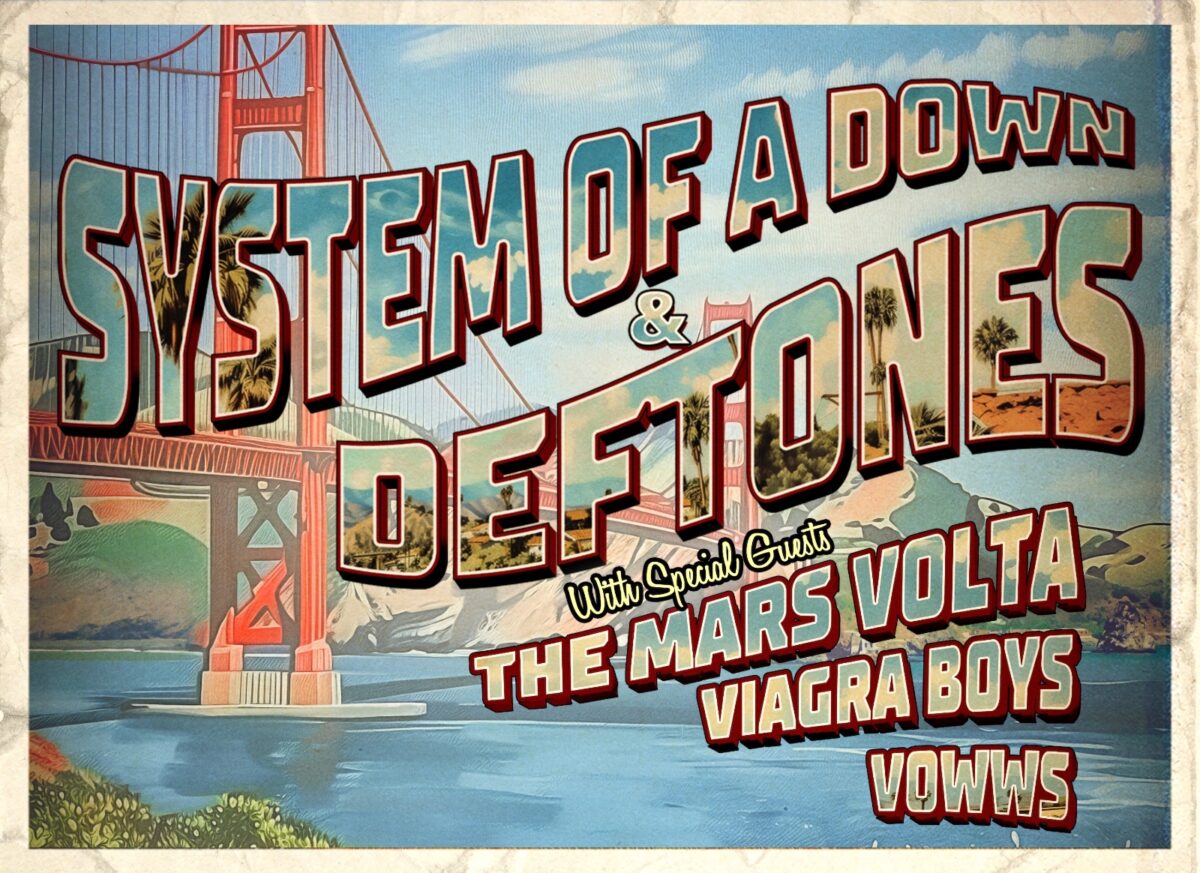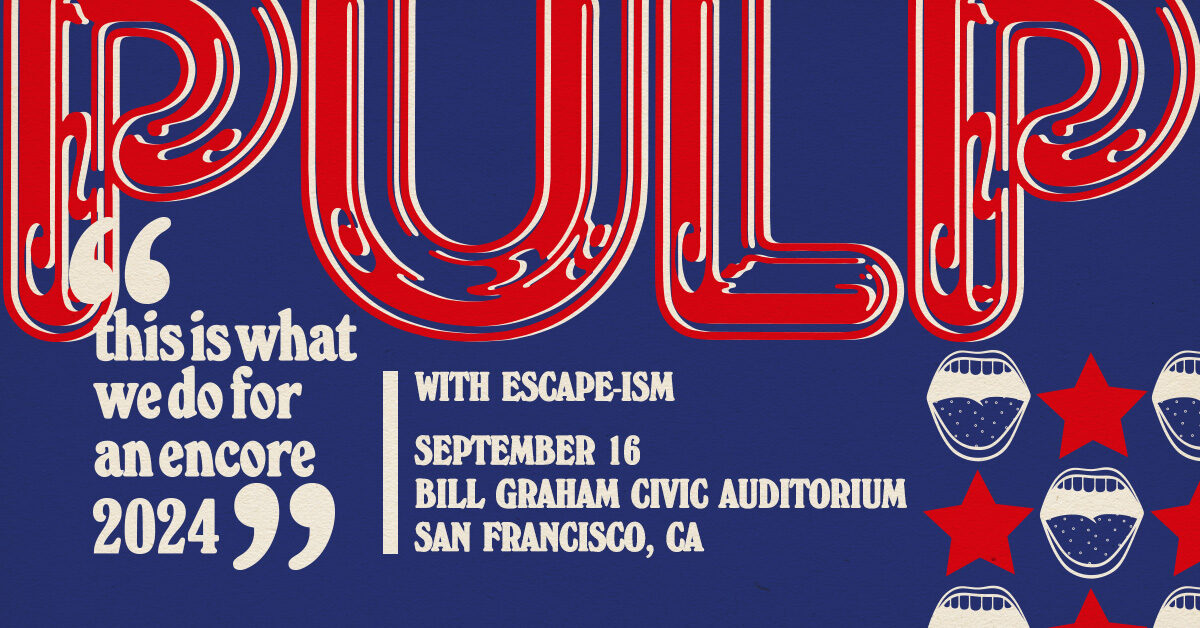Silent Film Festival Preview
Each year the San Francisco Silent Film Festival, July 14-17 at the Castro Theatre, provides a glimpse into the first decades of the 20th century, when there were no rules, creativity and experimentation were the norm, and audiences were treated to bizarre and wondrous visuals as never before.
Silent films were never truly silent, of course. One-of-a-kind musical accompaniments by piano, organ, or ensemble capture the imagination as fully as any prerecorded soundtrack. For example, Stephen Horne, a festival favorite, often incorporates – simultaneously – flute, accordion, and keyboards into his popular performances.
Now in its 16th year, the festival features ancient photo-plays in pristine condition, suitable for anyone who loves romances, escapades, action-packed thrillers, sweeping dramas, comedies, documentaries, or experimental fare. Expect to see attendees sporting period dress to keep things real.
The following are among the films included in this year’s festival lineup. Selected programs will be preceded by a screening of “orphan films” – newsreels, fragments of lost silents, and the like. Each year, it seems, the Silent Film Festival unearths reels that were either recently discovered or newly restored.
Opening night features Upstream. Long thought lost, this film by John Ford is one of 75 American films recently discovered in the New Zealand Film Archive. Influenced at this time by the work of German director F.W. Murnau, Ford sets his love-triangle story in the slightly unhinged world of vaudeville. Accompanied by the Donald Sosin Ensemble (7/14, 7 pm).
Speaking of Murnau, his film Sunrise was produced in the waning years of the silent era (when talkies were all the rage) yet received several Oscars at the very first awards ceremony in 1929. The film displays the director’s signature German Expressionist style found in his earlier masterpieces. Although it was released with a synchronized musical soundtrack, the festival’s screening features Giovanni Spinelli on electric guitar, giving this silent picture a rock ‘n’ roll wall of sound (7/14, 9:15 pm).
Something for free: Amazing Tales from the Archives takes a sobering look at the current state of actual silent film stock: deteriorating reels, misidentified canisters, and forever-lost sections of great masterpieces. Part 1 presents fascinating stories of archivists acting as detectives to identifying lost treasures. Part 2 features Academy Award honoree Kevin Brownlow on his love affair with silent films and his attempt to bring them back to the public eye (7/15, 11 am; 7/17, 10 am – both are free).
I Was Born, But… by Yasujiro Ozu from Japan tells the emotional yet comical story of two young brothers whose image of their father is changed when they see their stern-at-home father behave very differently at the office. Accompanied by Stephen Horne on grand piano (7/15, 4:15 pm).
The Great White Silence by Herbert Ponting of the UK documents Captain Robert Falcon Scott’s doomed race to the South Pole in July 1910—from the scientific work and life in the camp to the goings-on of the local penguins. Accompanied by the Matti Bye Ensemble (7/15, 7 pm).
From Italy comes Giovanni Pastrone’s Il Fuoco, featuring a femme fatale and seductive eroticism—enough “fire” to get it banned by the Catholic Church in 1915. Accompanied by Stephen Horne on grand piano (7/15, 9:30 pm).
Fun for the whole family, Laugh-O-Grams from Disney features fairytale cartoons from some of the animation industry’s greatests: Ub Iwerks, Hugh Harman, Friz Freleng, and Rudolph Ising. Tales include Little Red Riding Hood, Jack the Giant Killer, Puss in Boots, Goldilocks and the Three Bears, and the Four Musicians of Bremen (7/16, 10 am).
On a more educational level, Variations on a Theme: Musicians on the Craft of Composing and Performing for Silent Film, features members of Matti Bye Ensemble, Mont Alto Motion Picture Orchestra, and Alloy Orchestra, and Giovanni Spinelli, as well as festival regular soloists Dennis James, Stephen Horne, and Donald Sosin discussing and debating their unique and demanding craft (7/16, noon).
Clarence Brown’s The Goose Woman has a strange title and an equally strange storyline based on a sensational real-life murder case in 1922. A former prima donna gives false testimony to generate publicity for herself, unintentionally snaring her son as the prime suspect in the process. Accompanied by Stephen Horne on grand piano (7/16, 4 pm).
Allan Dwan’s romantic comedy Mr. Fix-It stars Douglas Fairbanks on the verge of superstardom as a matchmaker and fixer of romantic complications. This screening is the premiere of a remarkable restoration job by George Eastman House. Accompanied by Dennis James on the Mighty Wurlitzer (7/16, 6:30 pm).
The Woman Men Yearn For by Kurt Bernhardt of Germany offered Marlene Dietrich her first leading role. In this romantic thriller, she seduces a newlywed to abandon all that’s dear to him and fly to her like a moth to a flame. Forgotten in the rush to talkies and the excitement her appearance in The Blue Angel, this film provides a compelling glimpse of a star whose captivating roles would expand and evolve from here. Accompanied by the Mont Alto Motion Picture Orchestra (7/16, 8:30 pm).
Shoes is by Lois Weber, a very important American woman movie director of the silent era who saw the medium not just as entertainment but as a way to confront audiences with the important social issues of the day: birth control, capital punishment, living wages, child labor, and prostitution. Released during the height of the social reform movement, Weber’s drama focuses on the plight of a woman who struggles to support her family and confronts the tragic calculus of selling herself for a coveted pair of shoes. Accompanied by Dennis James on the Mighty Wurlitzer (7/17, noon).
Wild and Weird: Short Film Favorites with New Music is a collection of odd, dreamlike shorts showcasing all manner of special effects and cinematic experimentation: a one-armed man’s artificial limb gets a mind of its own, stop-motion beetles star in a story of jealousy and revenge, a wife’s insatiable pet keeps growing and growing until it threatens the entire city, and more – even a romp into Dadaist madness. Accompanied by the Alloy Orchestra, a three-man musical ensemble that, appropriately, thrashes a variety of peculiar objects (7/17, 2 pm).
The Nail in the Boot was supposed to be Russian director Mikhail Kalatozov’s turn at Soviet agitprop that would send home the message that slipshod workers were sabotaging the national defense. But as he strayed from fundamental ideological tenets, such as a logical narrative, he ran afoul of the Communist Party, which subsequently banned the film. Accompanied by Stephen Horne on grand piano (7/17, 4:30 pm).
Closing out the festival is He Who Gets Slapped, the first film made by the newly formed Metro-Goldwyn-Mayer, and the first time audiences saw (but of course did not hear) the MGM lion. Lon Chaney (a.k.a. “Man of a Thousand Faces”) plays a disgraced, robbed, and cuckolded scientist who has a psychological meltdown and ends up a circus clown who masochistically reenacts the horrors of his life. Norma Shearer attempts to give him a reason to love again. Directed by Victor Sjöström, master of the match-dissolve, where scenes overlap to interesting effect. Accompanied by the Matti Bye Ensemble (7/17, 7:30 pm).
